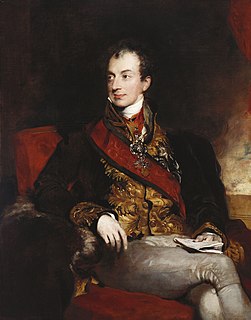A Quote by Hans Urs von Balthasar
Wonder — the enthusiastic ardor for the sublimity of being, for its worthiness to be an object of knowledge — promises to become the point of departure for genuine insight only where it has reached the stage in which the subject, overwhelmed by the object, has, as it were, fused into a single point or into nothing.
Related Quotes
All the things and events we usually consider as irreconcilable, such as cause and effect, past and future, subject and object, are actually just like the crest and trough of a single wave, a single vibration. For a wave, although itself a single event, only expresses itself through the opposites of crest and trough, high point and low point. For that very reason, the reality is not found in the crest nor the trough alone, but in their unity.
A line partakes of the simplicity of a point more than does a surface; and a surface [partakes thereof more] than does a material object-as was evident. From this consideration of a point and a material object elevate yourself unto a likeness of True Being and of the universe; and by means of [this] quite clear symbolism [of a point] make a conjecture about what has been said.
Meditation is object-less. If you use any object, then it is not meditation; it becomes thinking. It becomes contemplation; it becomes reflection, but not meditation. This is the most essential point to be understood. This is the essence of a meditative state: that it is object-less. Only consciousness is there, but not conscious ABOUT anything. Consciousness without being conscious of anything - this is the nature of meditation.
The plurality that we perceive is only an appearance; it is not real. Vedantic philosophy... has sought to clarify it by a number of analogies, one of the most attractive being the many-faceted crystal which, while showing hundreds of little pictures of what is in reality a single existent object, does not really multiply that object.
When the starry sky, a vista of open seas, or a stained-glass window shedding purple beams fascinate me, there is a cluster of meaning, of colors, of words, of caresses, there are light touches, scents, sighs, cadences that arise, shroud me, carry me away, and sweep me beyond the things I see, hear, or think, The "sublime" object dissolves in the raptures of a bottomless memory. It is such a memory, which, from stopping point to stopping point, remembrance to remembrance, love to love, transfers that object to the refulgent point of the dazzlement in which I stray in order to be.





































